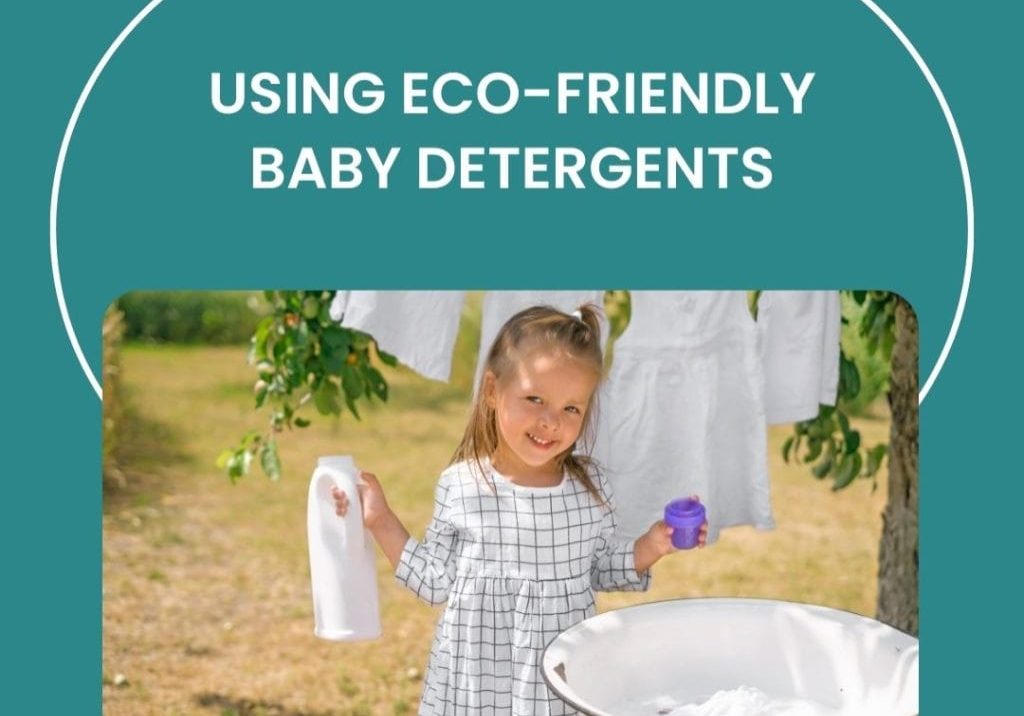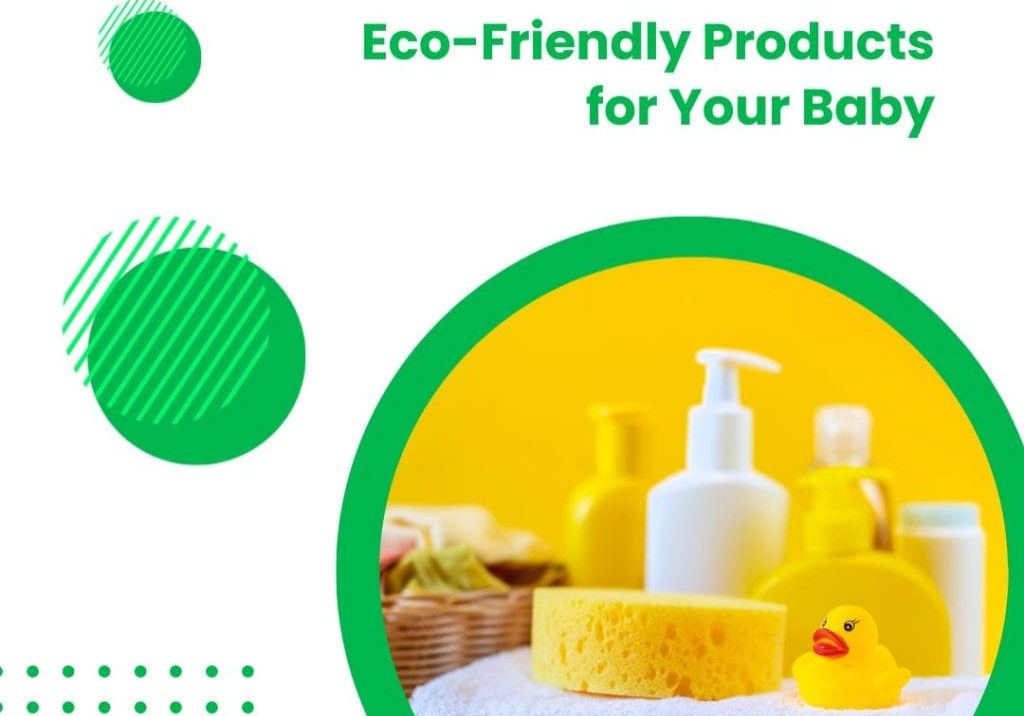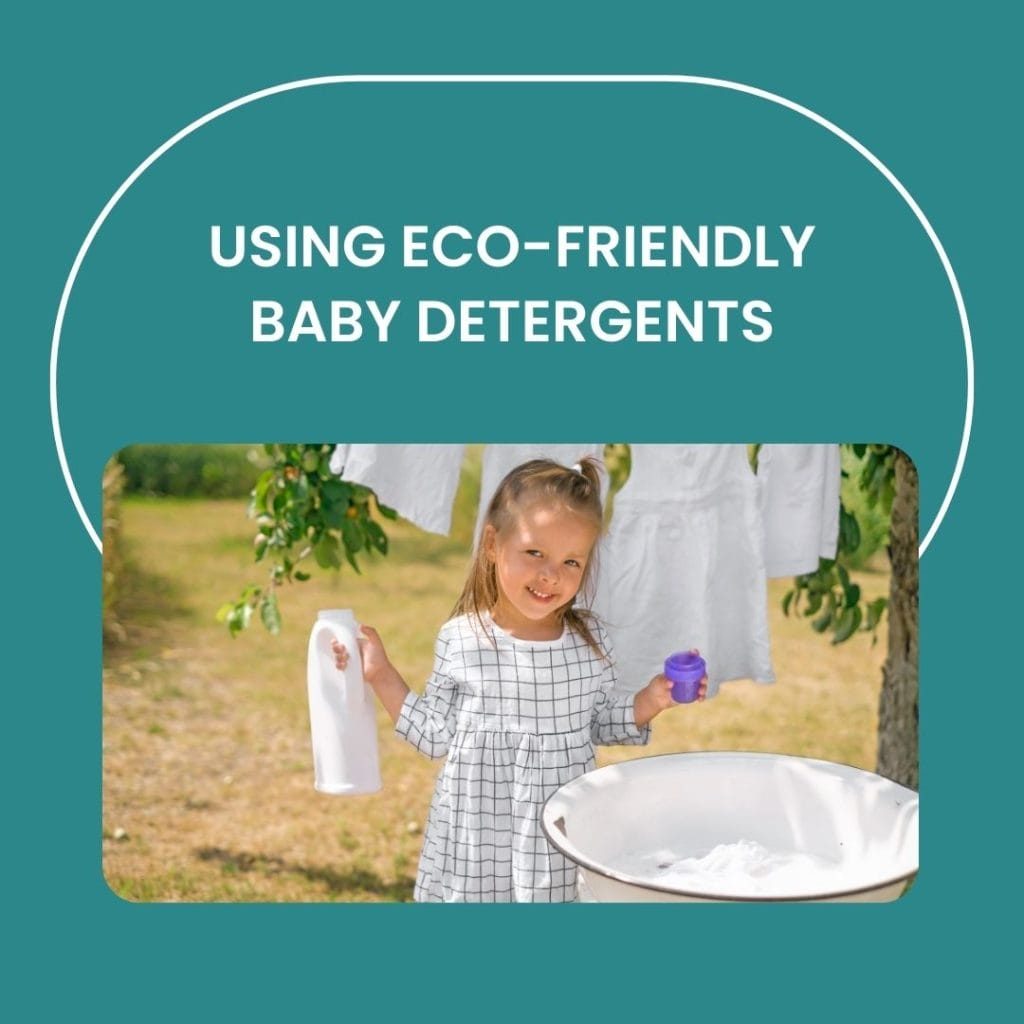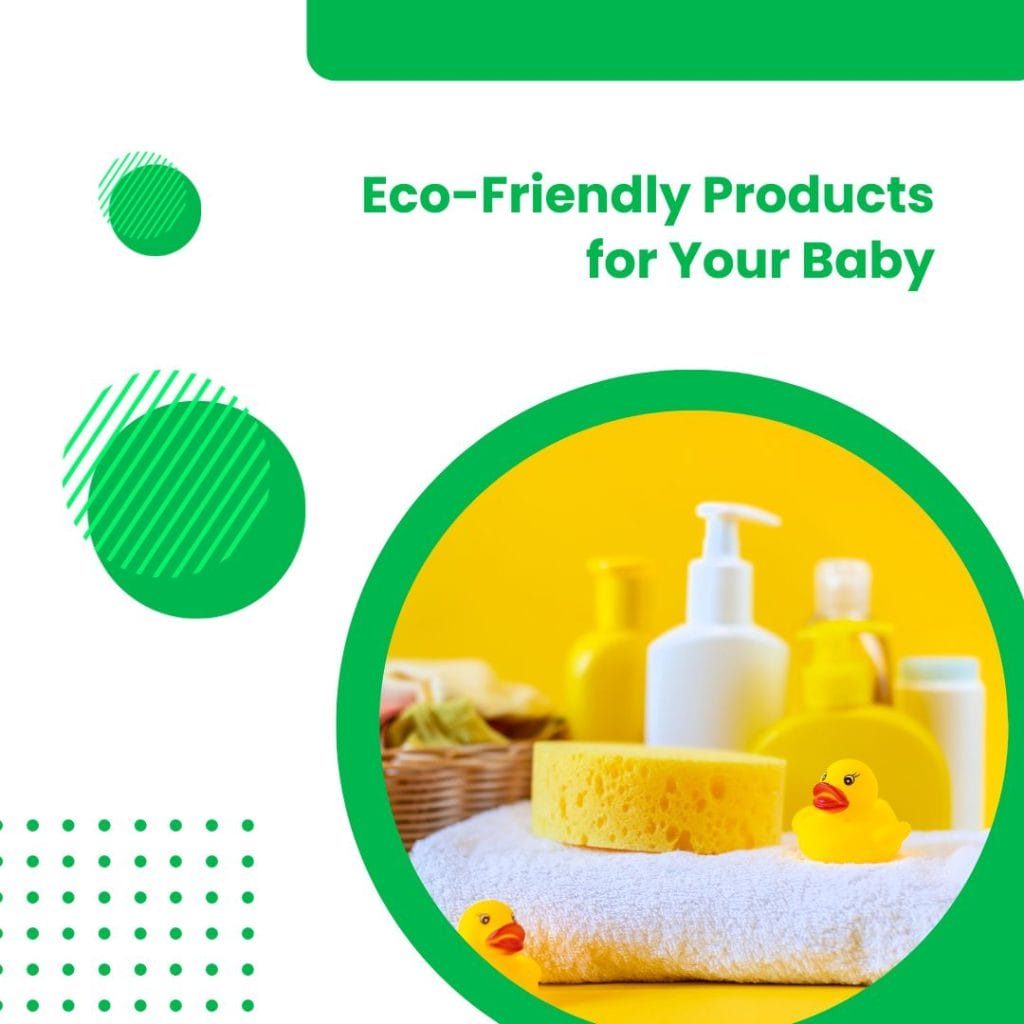When it comes to choosing what’s best for your infant, the debate between glass vs plastic baby bottles often arises. Both materials have their merits and drawbacks, and the choice can significantly impact your child’s health and your convenience. This article aims to objectively compare glass and plastic baby bottles, providing insights to help you determine what’s best for your baby.
Comparing Glass and Plastic Baby Bottles: What’s Best for Baby?
When it comes to feeding your baby, the market offers a variety of bottles, such as plastic, glass, stainless steel, and silicone. The task of choosing the right one can be daunting, considering the pros and cons associated with each type.
Plastic bottles are a go-to for many due to their affordability and convenience. However, the potential presence of harmful chemicals in plastic raises concerns. On the other hand, while glass bottles are free from these chemicals, they are more expensive, heavier, and risk breakage.
Alternatively, stainless steel and silicone bottles pose as safe options for babies. However, their acceptance might vary in different settings, such as daycare centers.
While the debate between glass vs plastic baby bottles continues, it’s essential to remember that baby’s nutrition is paramount. Therefore, irrespective of the material, a bottle that facilitates proper feeding should be the topmost priority.
Plastic Baby Bottles
Plastic baby bottles are ubiquitously available and are generally the most cost-effective choice for parents. The variety available is extensive, with numerous designs specific to unique needs – such as bottles tailored for breastfed babies, or those with vents to reduce gas.
However, there are health concerns linked to the use of plastic bottles. The primary concern emerged from the presence of bisphenol A (BPA), a chemical compound used widely to harden plastic. BPA has the potential to mimic estrogen, which might affect puberty timing, fertility, body fat, and possibly the immune and nervous systems. Most of these findings, however, come from animal studies, so the exact impact on humans remains uncertain.
By 2012, the U.S. Food and Drug Administration (FDA) banned the use of BPA in the manufacturing of all baby bottles and sippy cups. Despite this, studies suggest that harmful chemicals can still leach from plastics, irrespective of whether they contain BPA or not. In fact, some BPA-free plastic products have been discovered to leach even higher amounts of synthetic hormones than those made with BPA.
BPA was largely replaced by BPS (bisephenol S), a similar compound that may have equivalent effects. There are also concerns about other chemicals in plastic, like phthalates, which are commonly used to make plastic flexible. There’s concern that these could affect genital development, metabolic functioning, and potentially the cardiovascular system.
A single plastic product, like a baby bottle, contains a multitude of chemicals. It’s challenging to ascertain the potential health impact of each individual chemical, especially when ingested. For instance, the chemical polypropylene sheds millions of plastic fragments into the liquid, which can then be ingested when a baby drinks from the bottle.
Due to these concerns, the American Academy of Pediatrics (AAP) recommends parents to consider alternatives to plastic, such as glass or stainless steel bottles, when possible.
If you decide to use plastic baby bottles, follow these guidelines to reduce potential chemical leaching:
- Avoid microwaving or dishwashing plastic bottles. High temperatures can lead to chemical leaching. Additionally, microwaving bottles can cause uneven heating, creating “hot spots.”
- Hand wash bottles using a non-abrasive sponge or special bottle brush. Use warm, soapy water and rinse thoroughly.
- Steer clear of plastic bottles with recycling codes 3 (indicating presence of phthalates), 6 (signifying styrene, which may have cognitive side effects), and 7 (indicating bisphenols).
- Opt for plastics labeled as “biobased” or “greenware.” These are made from corn and do not contain bisphenols.
- Discard any baby bottles or sippy cups that become cloudy, or show signs of scratches or cracks. These worn-out bottles might leach chemicals more readily.
Glass Baby Bottles
Glass baby bottles serve as a popular alternative to plastic counterparts. The significant advantage with glass is the assurance of no chemical leaching, providing peace of mind for parents in terms of safety. These bottles are sturdy and robust, but their weight can be a concern, particularly if your baby prefers holding the bottle themselves.
Another downside to glass bottles is their potential hazard when broken. But, many manufacturers have taken this into consideration and offer silicone sleeves to prevent breakage and cracks. Though the variety of designs and styles in glass may not match that of plastic bottles, they’re making a trendy comeback with more options available than before.
When it comes to daycare, some centers may not permit glass bottles due to the risk of breakage. Some may require bottles to have a protective sleeve. In such cases, you could consider using glass bottles at home and sending alternative bottles to the daycare. This way, you can enjoy the benefits of glass at home while adhering to the daycare rules.
Other types of baby bottles
Apart from plastic and glass bottles, there are two other notable alternatives: stainless steel and silicone baby bottles.
Stainless Steel Baby Bottles
Stainless steel baby bottles emerge as an attractive choice for their durability, absence of chemical leaching risk, and resistance to shattering or cracking. This assures parents about the safety aspect of their baby’s feeding. However, these bottles tend to be on the heavier side and may not offer as much variety in terms of features like venting mechanisms for reducing gas and colic. Additionally, stainless steel bottles are likely the priciest option among all types of baby bottles.
Silicone Baby Bottles
Silicone baby bottles, though not extensively studied, are generally perceived as safe alternatives to plastic bottles. They do not contain BPA, BSA, phthalates, or other possible hazardous chemicals. Their soft texture and durability make them easy to clean and withstand high temperatures better than plastic, deeming them dishwasher safe. However, due to their softness, these bottles may not stay upright easily, and their lifespan might not be as long as other types. Despite being a bit pricey, silicone bottles offer a more natural, breast-like feel to the baby, making them a popular choice. Their lightweight structure also makes them easy to pack and carry around.
Conclusion
In conclusion, the debate of ‘Glass vs Plastic Baby Bottles’ is nuanced, and the best choice largely depends on individual preferences and circumstances. Glass and stainless steel bottles offer the best protection against chemical leaching, but come with certain drawbacks such as weight and cost. Silicone bottles provide a good middle-ground, mimicking a natural feel while being safe. Ultimately, the safety and comfort of your baby should take precedence in your decision-making process.






